
On Saturday night at a LGBTQ+ Club in Colorado Springs, 5 were killed and at least 25 injured.

On Saturday night at a LGBTQ+ Club in Colorado Springs, 5 were killed and at least 25 injured.
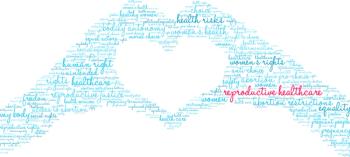
Policies include opposition to government involvement in medical practice and support of access to abortion care.

November 13-19 is Trans Awareness Week.
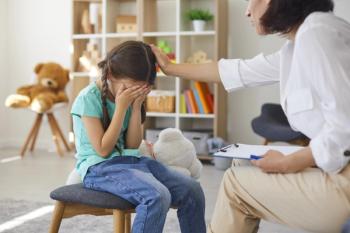
How can clinicians support both youth and their families in managing and recovering from crisis?

All medical students, psychiatry residents, fellows, faculty at academic medical institutions, and psychiatrists in independent practice must develop skills in cultural competence to avoid perpetuating disparities in health outcomes for BIPOC individuals with serious mental illnesses.

This Veterans Day, can you think of a slogan to help promote mental health?
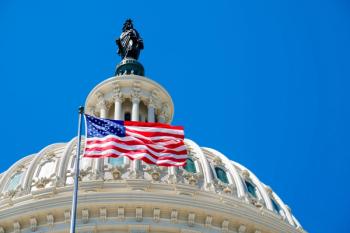
There were multiple wins across categories this election.

Working with homeless patients can be exceedingly rewarding.

From the relationship between psychotic disorders and dementia risk to the major differences between bipolar I and bipolar II, here are highlights from the week in Psychiatric Times.

How can we reimagine youth empowerment in order to break the cycles of dysfunction caused by trauma?

From complementary and alternative approaches in the COVID-19 era to mental health’s most toxic myth, here are highlights from the week in Psychiatric Times.
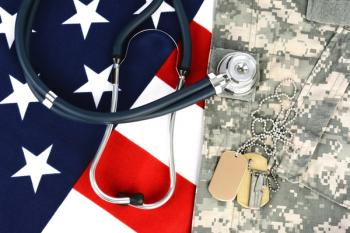
Comparing our contemporary concerns to lessons learned from a clinical case involving a patient from almost 50 years ago.

How can PMHNP consults with law enforcement reduce involuntary transfers and other unwanted outcomes?

Why are more and more adult women being diagnosed with ADHD? A presentation at the APNA Annual Conference shed light on the issue.

Connections between autism risk, sleep disturbances, insomnia risk genes and circadian pathways were analyzed.

Here’s 10 suggestions for how both children and adults can be more tolerant.
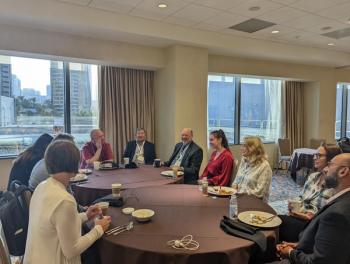
Did you miss the 2022 Annual Psychiatric Times™ World CME Conference? We've got you covered.

The American Academy of Psychiatry and the Law scholarship aims to foster a welcoming and supportive environment for forensic psychiatrists of color.
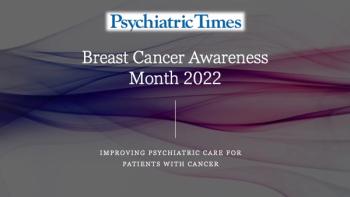
October is Breast Cancer Awareness Month. Explore the latest in psycho-oncology and improvements in mental health care for patients with cancer in Psychiatric Times.

From older age bipolar disorder to the relationship between antidepressants and emotional numbing, here are highlights from the week in Psychiatric Times.

What treatments are available for those with older age bipolar disorder?

Between 1980 and 1998, the relative frequency of late-onset bipolar disorder increased from 1% to 11%. How can you best assess for this condition?

"Research clearly demonstrates that although abortion is more likely in highly stressful life situations—which may include mental illness—abortion itself does not cause psychiatric illness; the most common response is relief."
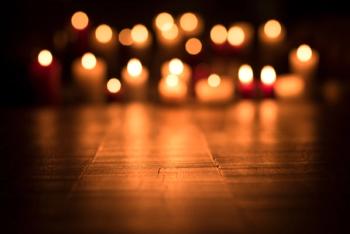
Ignoring, forgetting, or denying the traumatic history of individuals or countries is not mentally healthy.

Will it hurt my baby? Researchers investigated associations between first trimester exposure to second-generation antipsychotics and major congenital malformations.